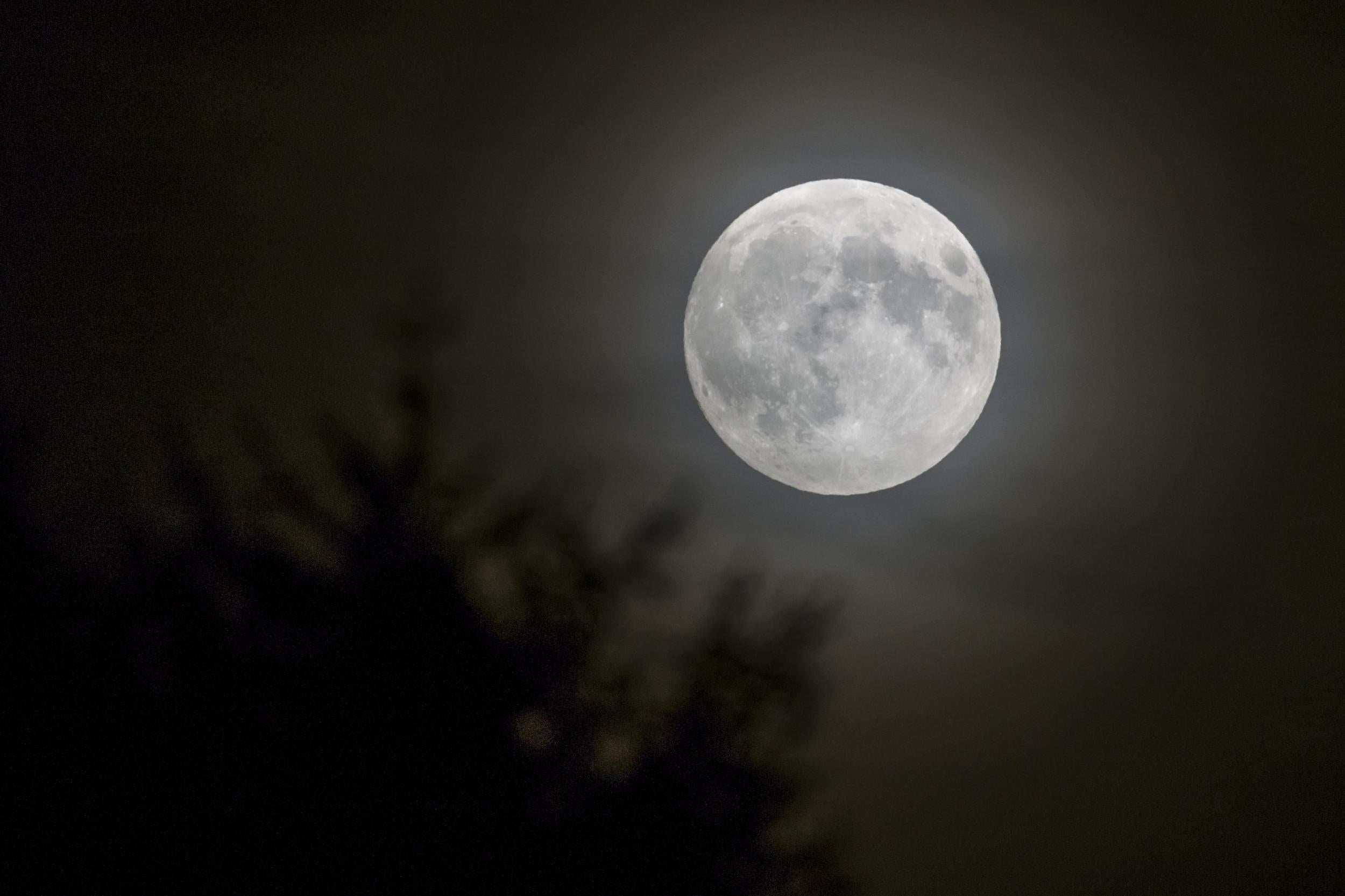Dismissing seasonal disorder as a myth only serves to demonise depression
A new report seeks to examine whether a link exists between living through winter and depression. But searching for a simple, causal explanation fails to understand the nature of mental illness

Last week the Association for Psychological Science published a study on seasonal affective disorder (SAD), the findings of which “cast doubt on major depression with seasonal variation as a legitimate psychiatric disorder”.
These findings come just a few days after the passing of ‘Blue Monday’ – a strange congruence of marketers and advertisers attempting to leverage the ‘most depressing day of the year’ in order to peddle their wares and distasteful (bordering on dangerous) attempts to explain and understand mental illness with the same legitimacy and veracity as horoscopes, tarot cards or waiting for Jupiter to align with Mars.
The problem with such pronouncements is that, because of the way in which society views depression and mental illness, there exists an inherent implication that that there is – or at least should be – a reason to explain why a person is depressed. Steven LoBello, one of the authors of the Association for Psychological Science study, stated that belief in a causative relationship between seasonal changes and depression is “more-or-less taken as a given” and is widespread in our culture. When it comes to depression, it makes little sense to look for causes at all, just as it makes little sense to expect simple solutions.
As the report itself finds, “being depressed during winter is not evidence that one is depressed because of winter”. This point of view – searching for a simple explanation instead of actually getting to grips with the realities of the issue at hand – is just one step away from an accusatory “what did he/she have to be depressed about?”.
Depression doesn’t work in this way. It isn’t ‘caused’ in such a simple and linear way. There doesn’t have to be a reason. It just happens.
Just as no two people are the same, no two people’s struggles with depression are the same. Depression doesn’t discriminate by class, wealth, profession or anything else for that matter. To understand it, we have to first understand the fact that it has nothing to do with who you are, what you do or indeed what day of the week or time of year it is.
There isn’t a causal relationship between seasonal change (or indeed anything else) and depression, and we desperately need to get away from acting as apologists for mental illness. Searching for excuses and hoping to explain that depression exists “because of” something is wrong. It damages and marginalises those suffering, impinges the development of effective treatment and prevents a wider understanding of the issue.
Even when the evidence presented by the Association for Psychological Science is that something commonly seen as a ‘cause’ of mental illness is in fact nothing of the sort, this revelation is less likely to result in a frank and open discussion about the realities of mental illness and more likely to further marginalise sufferers of mental health issues by disputing and denying the validity of their symptoms.
If I got hit by a bus tomorrow, would it be because it was the fourth Tuesday of January, or because my star sign is Cancer, or because I was wearing odd socks? No. Depression feels a bit like being hit by an imaginary bus, but did it happen to me because of the weather? Don’t be ridiculous.
Join our commenting forum
Join thought-provoking conversations, follow other Independent readers and see their replies
Comments
Bookmark popover
Removed from bookmarks